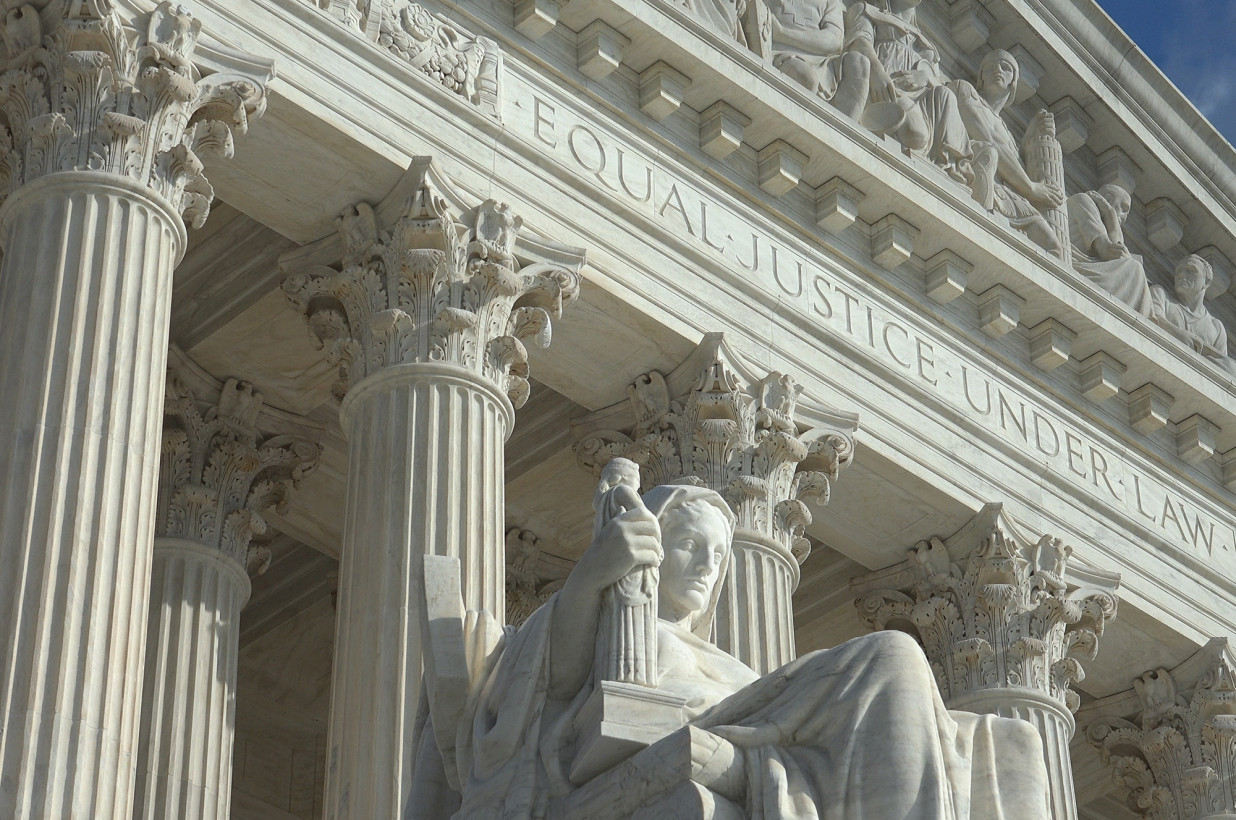The Supreme Court on Thursday ruled New York prosecutors have a right to see President Trump’s tax returns and financial records — serving a major blow to the administration and paving the way for an ugly partisan battle ahead of the November election, Ny Post reports.
The bench voted 7-2 and sided against the president after Trump’s lawyers argued that a sitting US president should not be immune to a criminal investigation, bringing to an end a dramatic legal battle which reached the highest court in the nation.
“The President is neither absolutely immune from state criminal subpoenas seeking his private papers nor entitled to a heightened standard of need,” the verdict read.
The historic ruling will allow prosecutors to scrutinize the business dealings which the president has fought to keep private since he entered the public office and threatens to overshadow his bid for a second term in the White House.
The court is expected to rule later Thursday on whether several Democrat-led House committees also have a right to see the financial records and tax returns of the president and his family.
Multiple Democrat-led House committees issued subpoenas to the president’s financial institutions in mid-2019 as part of a probe into allegations from Trump’s former personal attorney Michael Cohen that the president inflated his wealth on tax returns in order to secure large loans.
Cohen, who turned over years of financial statements to the committee, also said Trump undervalued his assets to reduce his real estate taxes — prompting Congress to issue subpoenas of his financial records dating back to 2009.
Manhattan district attorney Cy Vance’s office last September also subpoenaed Trump’s longtime accounting company Mazars USA for eight years of his financial records and tax returns as part of an investigation into whether he paid hush-money before the 2016 election to several women whom he allegedly had affairs.
The payments would be a potential violation of campaign finance laws.
The president has denied all of the allegations and his lawyers argued that the subpoenas amounted to nothing more than a politically-motivated mission to weaken Trump’s standing with voters before the November election.
The case centred on whether third parties such as Mazars USA and the president’s financial institutions, Capital One and Deutsche Bank, could be compelled by Congress and prosecutors to hand over their famous client’s records.
Trump spent the morning tweeting about the case, writing “PRESIDENTIAL HARASSMENT!” and “PROSECUTORIAL MISCONDUCT!” while also repeating claims that his predecessor Barack Obama spied on his campaign.
The president’s attorneys fought the cases at every turn, suing both the Manhattan DA’s office and Trump’s banks in an attempt to block the legal challenges which threatened to make his long-secret financial dealings public.
When appeals to a Manhattan federal judge and the US Court of Appeals for the Second Circuit both failed, Trump asked the Supreme Court to hear his case.
Trump’s financial dealings have been scrutinized for years, with Democrats accusing him of profiting off the presidency in his dealings with foreign governments and through encouraging diplomats and Secret Service agents to stay in his hotels in the US and around the world.




